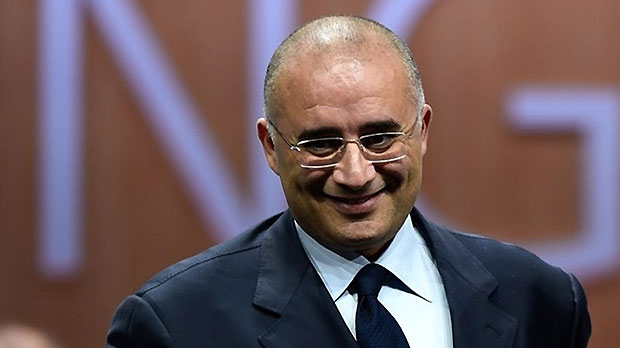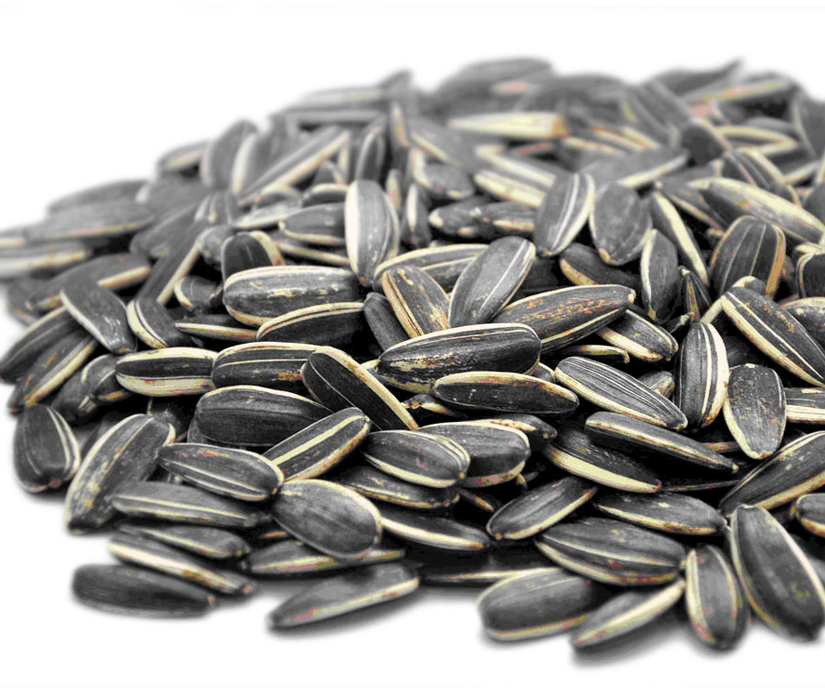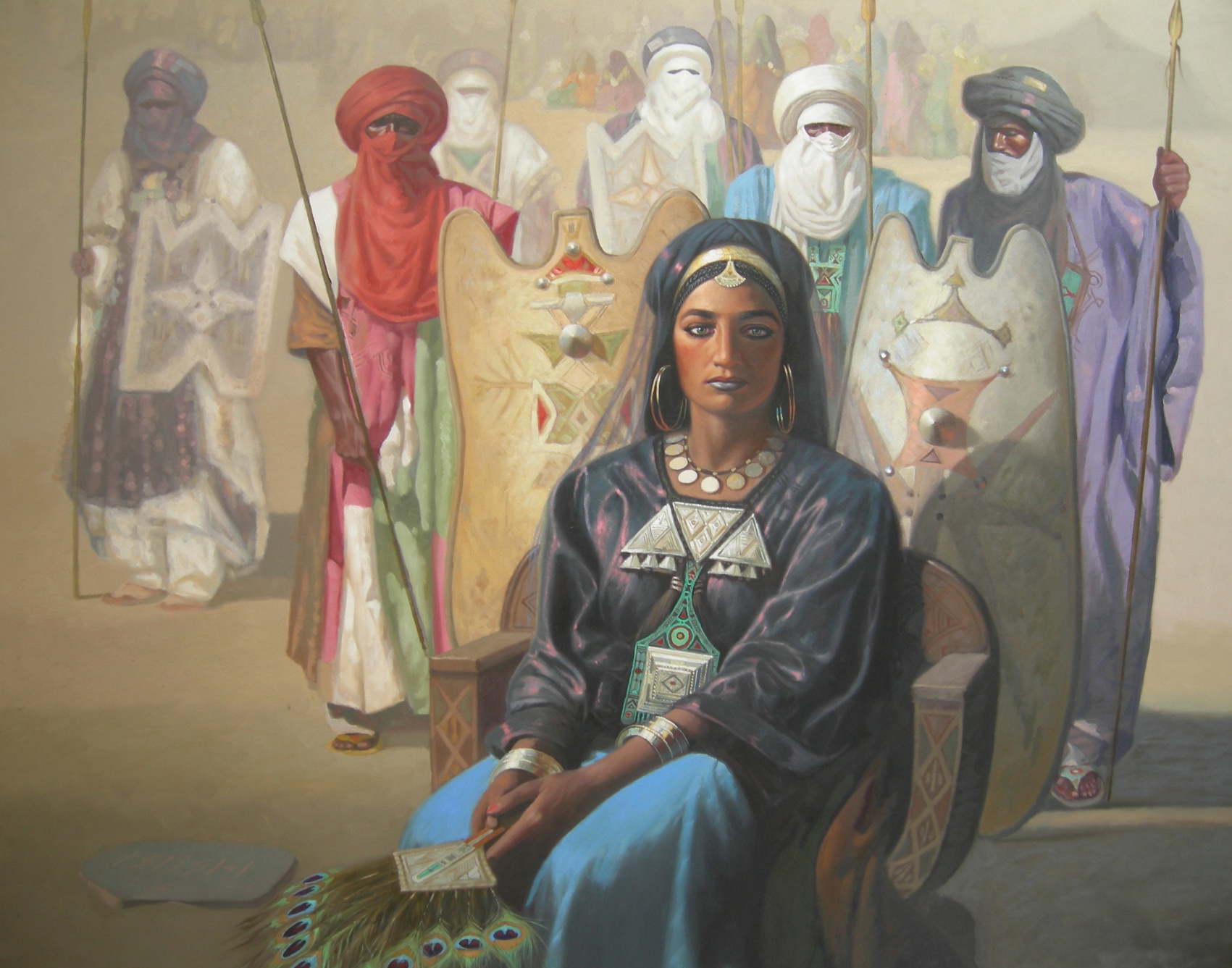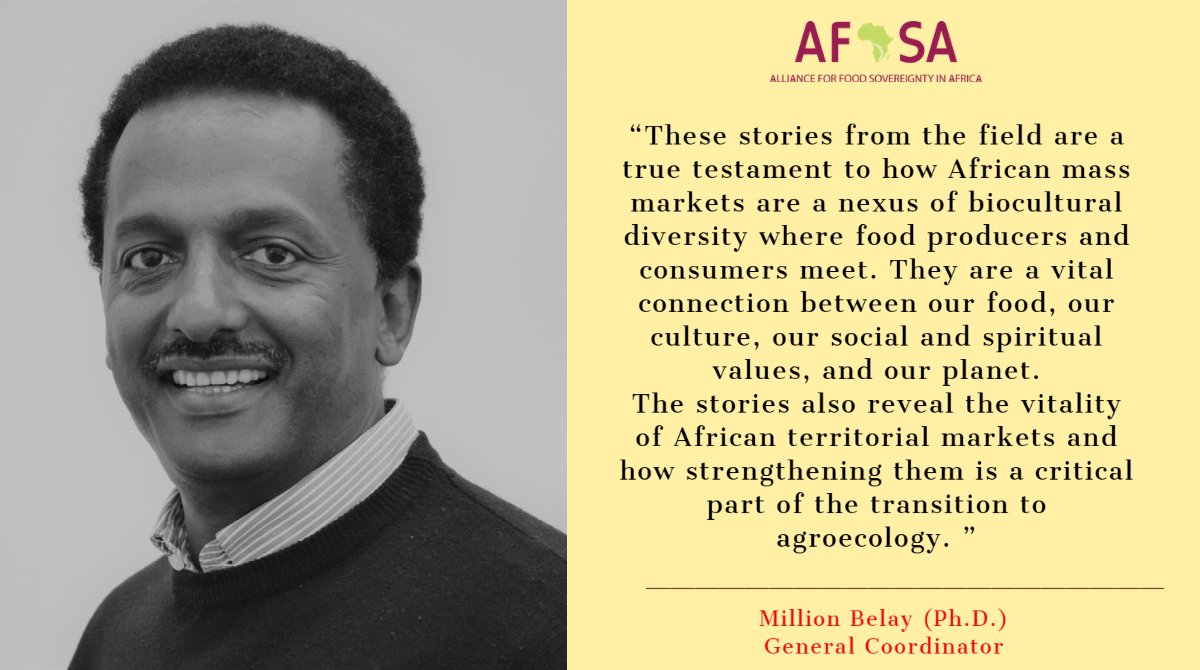It’s become the origin story of Tunisia’s revolution and the broader Arab Spring: In December 2010, Mohamed Bouazizi, a Tunisian street vendor, set himself on fire after years of being harassed by police officers and experiencing a series of humiliating encounters with local officials. His self-immolation became the focus of long-simmering anger toward the government, and Tunisians took to the streets, igniting protests that became so widespread that on Jan. 14, 2011, after 23 years of autocratic rule, President Zine El Abidine Ben Ali fled the country. Since then, Tunisia has become the only democracy to emerge from the Arab Spring, and it is currently serving on the Security Council for the first time since the revolution — this month as its rotating president.
“January is very special and significant for Tunisia since it coincides with the 10th anniversary of the revolution of freedom and dignity in Tunisia that laid the foundations of our democratic experience and added impetus to its role on the regional and international scene,” Tarek Ladeb, Tunisia’s permanent representative to the United Nations, told PassBlue in an interview recently.
While Tunisia’s democratic transition has been applauded by the international community, the country faces many challenges. In terms of its role on the Council, for example, it must seek to promote democratic values while not offending its allies in the League of Arab States or the African Union.
Back home, “the mood in Tunisia in general is not necessarily celebratory because of the economic issues and because of the political bickering that is poisoning political life in the country,” Youssef Cherif, director of Columbia University’s Global Center in Tunis, told PassBlue.
On Jan. 6, Tunisia organized an open debate on the challenges of sustaining peace and security in fragile contexts, which Tunisian President Kais Saied and Liberia’s former president, Ellen Johnson Sirleaf, attended virtually.
*The views of the above article are those of the author and do not necessarily reflect the views of Africa Speaks 4 Africa or its editorial team.




